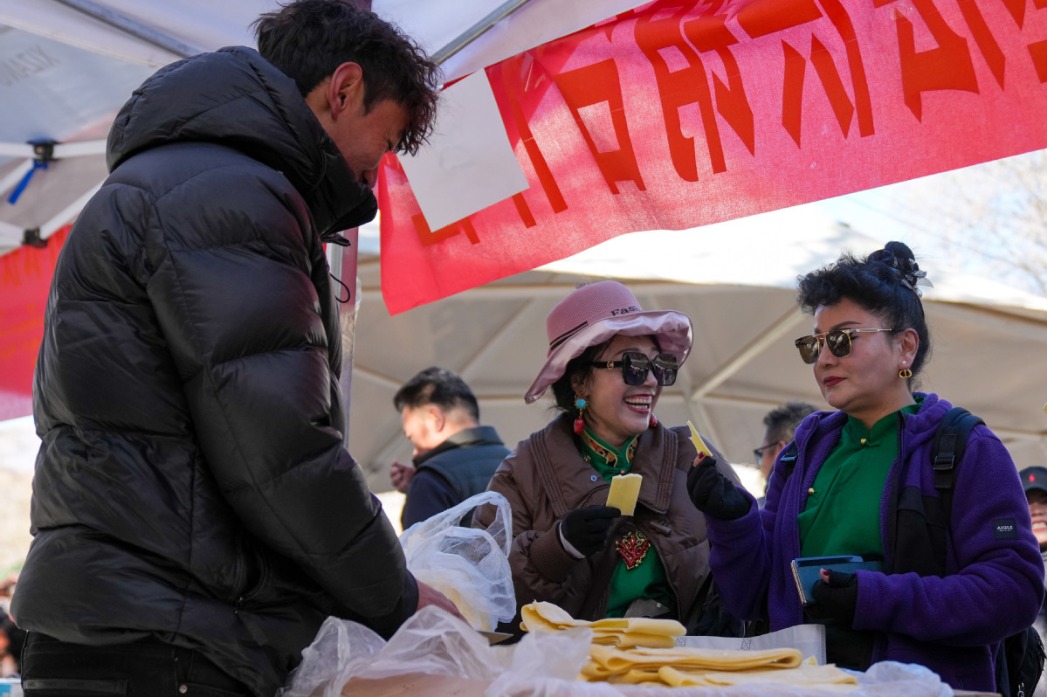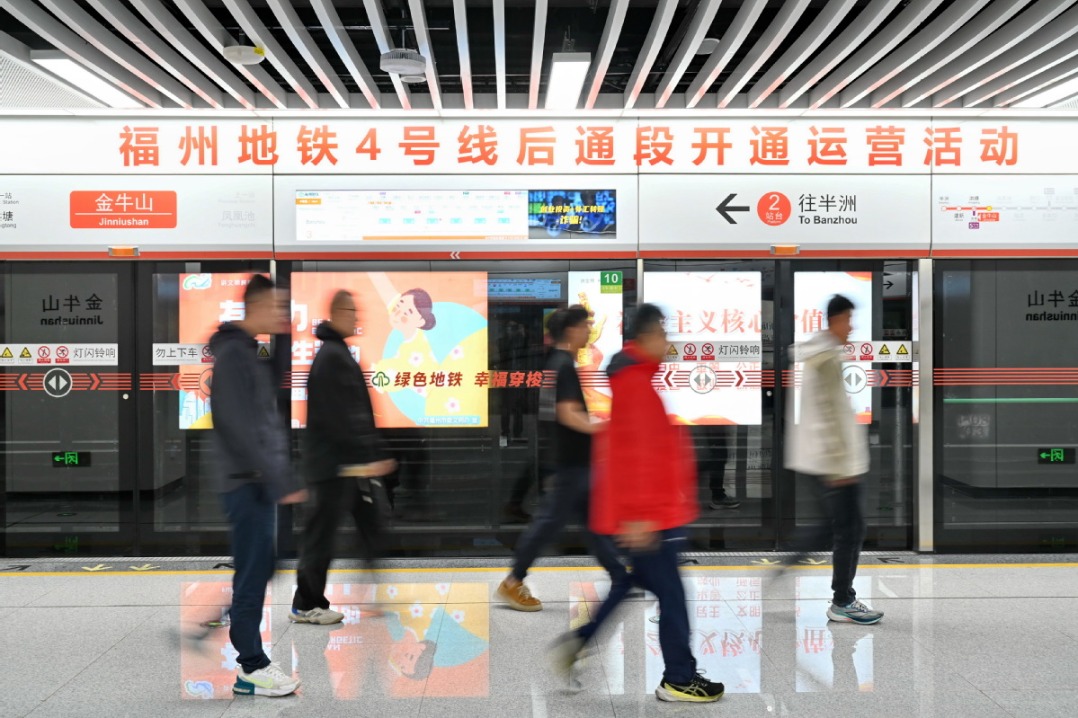More steps advised for rural economy

More measures are needed to attract talent to rural areas to help development, Jin Sanlin, a senior researcher of rural economies at the Development Research Center of the State Council, said on Wednesday.
"In general, China is still undergoing rapid urbanization, and more people will continue to migrate from rural areas to cities," Jin said at the 5th Forum on New Urbanization and Social Integration of the Migrant Population, which was hosted in Beijing by the National Health Commission and United Nations representatives in China.
"However, a top priority should be to change the one-way flow of population from rural areas to cities and improve the mechanism for a two-way flow of population between urban and rural areas to attract talent of all sorts to contribute to rural rejuvenation," he said.
Based on optimistic estimates, around 400 million people in China will still live in rural areas by 2035, accounting for 30 percent of the country's population, he said, adding that rejuvenating rural areas is essential for China's modernization.
Wang Qian, chief for migrant population at the National Health Commission, said the number of migrants last year reached 244 million. Of those, between 70 and 80 percent were moving from rural to urban areas.
The government should carry out training programs for new professional farmers, and intensify talent cultivation for rural-oriented talent, such as professional managers, craftsmen, cultural experts and agricultural intangible heritage inheritors, Jin said.
It is suggested that policies encourage professionals from universities and institutes to take temporary posts in rural areas and for agricultural enterprises to contribute to rural development, he said.
Although urbanization is still underway in China, in more developed areas such as Zhejiang and Jiangsu provinces the population flow from cities to rural areas for job opportunities such as e-commerce and tourism is increasing, Jin said.
More than 4.5 million migrant workers have returned to their hometowns to start their own businesses in recent years, according to the Ministry of Agriculture and Rural Affairs.
The ministry will continue to support migrant workers, including college students, retired soldiers and technicians and professionals, in starting their own businesses in rural areas, through preferential policies including land use and financial services, it said.
- Photographer captures wild mandarin ducks in Guizhou
- Infrared cameras and drones record Tarim red deer in Xinjiang
- Beijing issues alerts for snowstorms and road icing
- Beijing district recovers nearly 100 million yuan in scam losses
- China's immigration hotline adds French language support
- Zootopia 2 fans fuel hazardous trend in online snake purchases




































